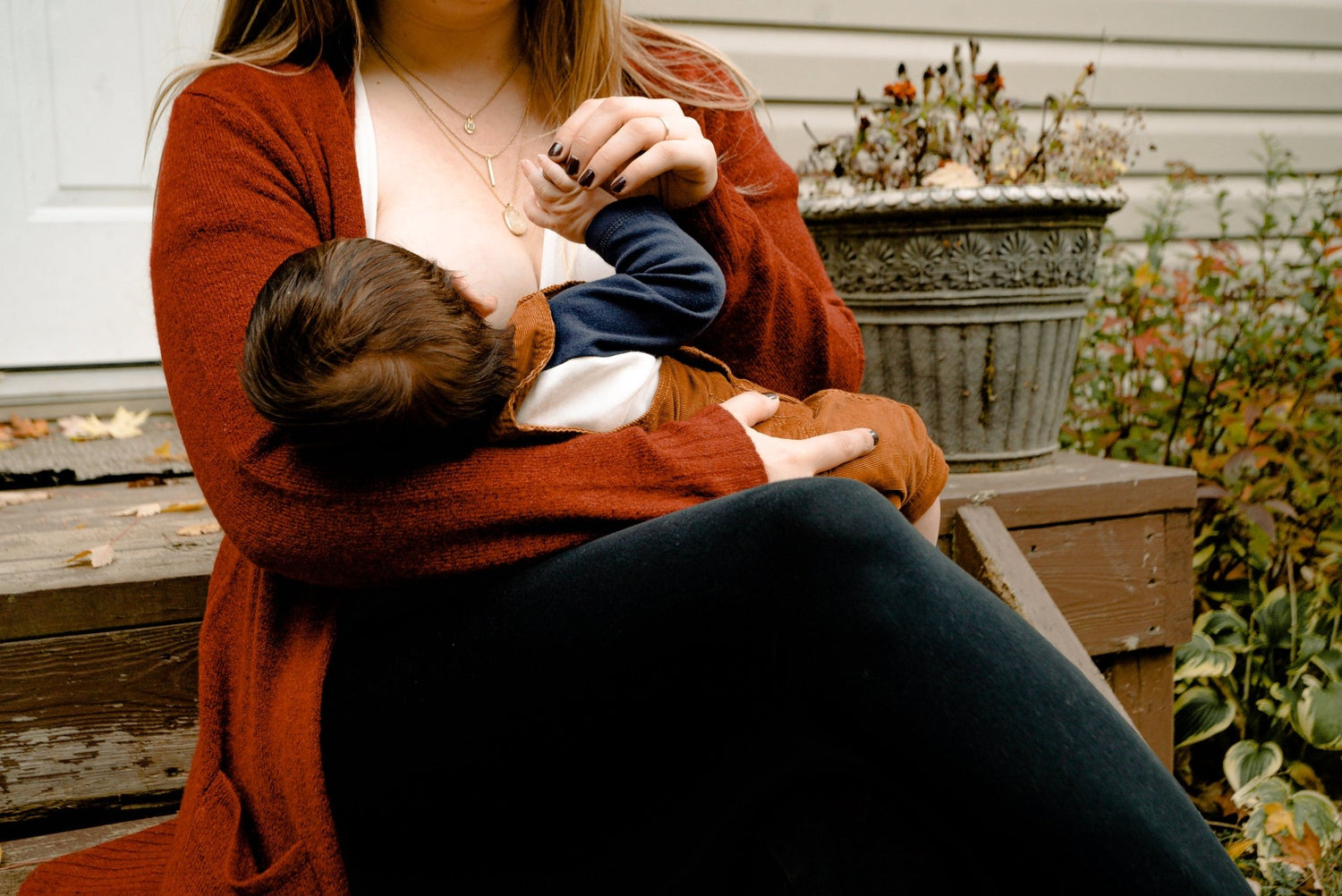Night terrors in babies – Pavor Nocturnus
Today I can tell you something about night terrors (Pavor nocturnus)! What is that? Pavor nocturnus means something like “fear” or “night terrors” and is the scientific term for one of the most common nocturnal “waking up disorders” in (small) children.
| Table of contents: |
1. How do I recognize night terrors?
Night terrors typically occur hours after falling asleep. It is often preceded by a panicked scream and then loud crying. Your child is bathed in sweat, their pulse is racing, their breathing is rapid. The face expresses fear, anger or confusion, the eyes are wide open, but still don't really see you. Your child isn't sleeping, but isn't really awake either. It may also lash out when you want to calm it down.
Night terrors usually last 10-15 minutes, after which your child falls asleep again. The next morning he can no longer remember the night's excitement.
2. At what age and how often do night terrors occur?
Children between the ages of two and six are most commonly affected, rarely at the end of their first year. Some children who suffer from night terrors tend to sleepwalk later in school age.
The frequency varies from child to child and can occur at different stages of development. It is important to understand that in most cases, night terrors are temporary and may subside over time. However, if you are worried or the frequency of night terrors is excessive, it is advisable to discuss this with a pediatrician to get appropriate support.
3. What are the causes of night terrors?
The exact cause of night terrors is not yet fully understood. However, experts suspect that night terrors are linked to the development of the central nervous system. To put it simply, this is a form of overstimulation of this system. In children up to the age of six, the central nervous system is usually not yet fully developed and therefore reacts more sensitively to external influences and stimuli.
The following factors can therefore promote its occurrence:
- An eventful day with many impressions
- Strong psychological stress
- Physical stress such as pressure to perform
- Big changes such as a new sibling, getting used to daycare, etc.
- Illnesses such as fever
4. Dealing with night terrors
My tip to you: Even if the “night terror” is a big fright for the parents, try not to wake your child, but try to stay calm, wait and make sure that your child cannot hurt themselves.
Gentle touch, quiet, soothing words, and calm gestures can help your baby feel safe during a night terror. Your presence and calm can make a big difference so that your baby quickly feels safe again and can continue sleeping peacefully.
As a parent, it's normal to feel worried and anxious. In such moments, it is helpful to seek support from other parents or professionals in order to better deal with your own worries. Sharing experiences and advice can help you feel less alone and help you face the challenges of night terrors with more confidence.
Guest article by Jasmin Eckert from Frau_Eckert_Meckert :
Instagram: frau_eckert_meckert
Website: www.fraueckertmeckert.de





